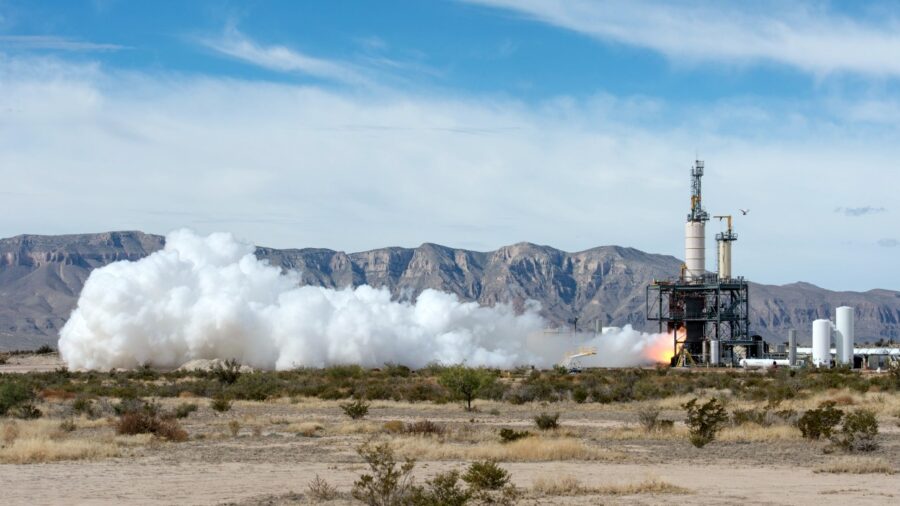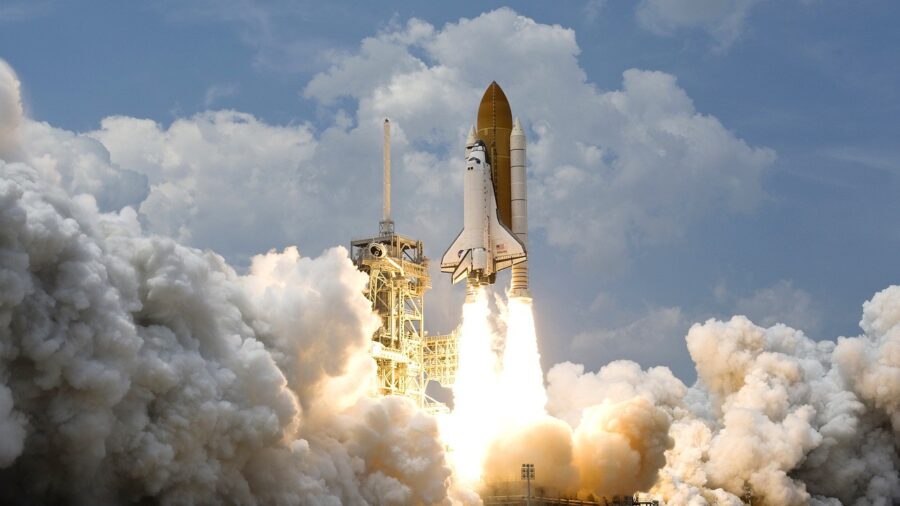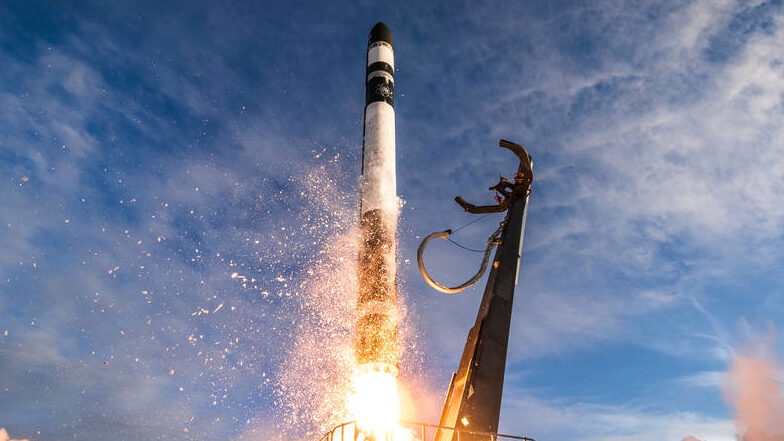Jeff Bezos’s Blue Origin Rockets Are Now Polluting Space

Methane, a potent greenhouse gas, plays a substantial role in the climate crisis and has been attributed to over a quarter of the phenomenon thus far. Given its severe implications, world leaders like President Joe Biden have elevated its importance on the global agenda, even dedicating an entire summit to the issue.
Jeff Bezos’s Blue Origin spaceship tests in West Wexas are producing so much methane that astronauts on the International Space Station have detected it.
While numerous sources contribute to methane emissions, including gas infrastructure, coal mines, and agricultural sectors, an unexpected source has recently been identified: Jeff Bezos’ Blue Origin rocket tests in West Texas.
According to Bloomberg, the alarming discovery was made on June 4 when an expansive methane plume was detected over the expansive ranch where Jeff Bezos’ Blue Origin tests its rockets. Unfortunately, this wasn’t a one-off incident, as Bezos’ space enterprise has been known to emit methane due to its focus on rockets powered by LNG (liquefied natural gas), primarily composed of methane.

An instrument on the International Space Station detected this specific emission, and Carbon Mapper’s analysis found the release rate to be about 1.5 metric tons of gas per hour.
While the alarming numbers might stir concern, Jeff Bezos’ Blue Origin maintains that their operations abide by standards. Sara Blask, a representative for the company, affirmed that their standard procedures include transferring LNG to storage tanks during engine tests. Emphasizing the routine nature of the operations, she asserted that no reporting thresholds were surpassed.
However, there remains a significant caveat. Texas, where these tests are conducted, lacks strict regulations on methane emissions. Furthermore, the state doesn’t require the disclosure of such releases.
The amount of methane produced by Jeff Bezos’s Blue Origin spacecraft reached 1.5 metric tons per hour.
The broader picture indicates that the methane emissions from Jeff Bezos’ Blue Origin are a fraction of what their suppliers release in the natural gas domain. For context, the natural gas infrastructures in the nearby Permian Basin alone are estimated to emit an astonishing 2.7 million tons of methane annually. Moreover, Blue Origin isn’t the sole player in the game; competitors like Elon Musk’s SpaceX are also developing rockets powered by methane.
However, it’s important to note that methane’s contribution to the space industry’s overall environmental footprint is minimal. Still, with the commercial space sector’s anticipated boom — potentially reaching a $1 trillion valuation by 2030 — and Jeff Bezos’ Blue Origin at the forefront, the industry’s environmental impact may become a topic of heightened discussion.

Complicating matters further is the ambiguous nature of space travel’s exact influence on the climate, with debates still ongoing about its net effect on global temperatures.
Jeff Bezos’s Blue Origin rockets may produce methane, but the ultimate goal is to use the technology to improve life here on Earth.
Interestingly, a significant portion of the commercial space sector’s growth is fueled by launching satellites dedicated to monitoring environmental pollutants, including methane.
Jeff Bezos has been a vocal advocate of space exploration for planetary sustainability, picturing Earth as a mainly residential zone with heavy industries moving off-world. This idea is encapsulated in Blue Origin’s slogan: “We go to space to save the Earth.”
However, as with many visionary aspirations, the road to realization is paved with challenges. Jeff Bezos’ Blue Origin, while pioneering the frontiers of space, has predominantly catered to the elite, providing short space expeditions for the wealthy. These ventures, albeit monumental, also carry an environmental price tag, particularly concerning methane emissions.
As the dawn of a new space age approaches, balancing progress and impact is vital. Companies like Jeff Bezos’ Blue Origin can redefine our connection to space and Earth. Yet, the environmental footprint they leave will shape this era’s legacy.











